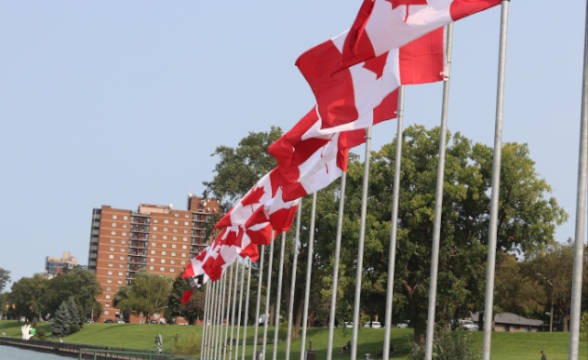Companies in the regulated gambling market in Ontario who are operating without the necessary license will have to pull the plug on their operations or the Alcohol and Gaming Commissions of Ontario will pull the plug on them. This should happen by the deadline set for October 31. Ontario has been incredibly liberal when it comes to its gambling laws, not acting against “bad actors” which were targeted in other jurisdictions such as the Netherlands.
Liberalizing the Gambling Market Means No More Favorites
For example, the Dutch Gaming Authority showed no leniency against companies – even established ones – that had been operating prior to market legalization. Ontario chose to turn a blind eye, helping many brands transition from unregulated to regulated status and in a way, making it easier for consumers to continue playing with brands they have trusted for years.
Now, though, the regulator is dogged about making sure that everyone plays by the rules. This makes sense as the transition period is well over now and any company that would have wanted to have the legal means to operate 100% above board has already done so. Others are invited to join if they choose to, but the status quo will be altered.
This new standard establishes that operators and gaming-related suppliers that are currently active in the unregulated market in Ontario must end their activities in the unregulated market to avoid jeopardizing their eligibility for registration.
AGCO is also adjusting existing rules that pertain directly to how live dealer games are regulated. According to the operator, there has been a significant interest in participation in such games, mostly owing to how convenient they are and to the highly polished experience they offer. Because of that interest, AGCO has had a closer look and identified areas of improvement that will come into effect on October 31.
Farewell Offshore Gambling and Grey Areas
The changes are all enacted to address the “grey” sector. As a reminder, in the past Ontario had no problem with allowing companies to target residents in the province. The matter was never addressed, and Canada quickly attracted some of the biggest gaming brands in the industry allowing them to amass an impressive database of local names. However, more needs to be done to plug the hole in the budget that such operators leave.
According to the provincial government, as much as $1 billion a year may be actually leaking to offshore operators who are not obligated to pay tax by law. These numbers pre-date the regulated gambling industry though. The long and short of it is that there is no more grey market gambling in Ontario.




